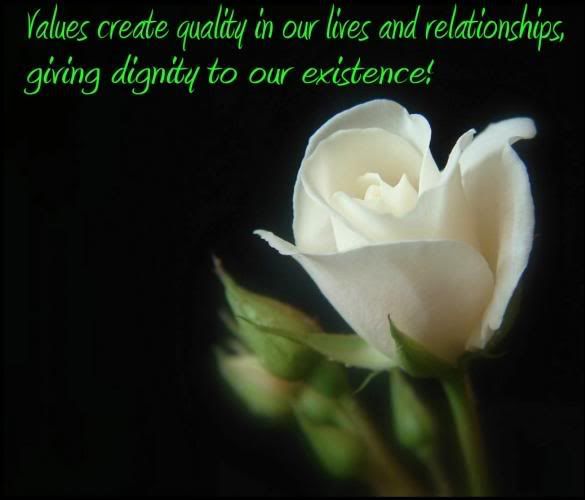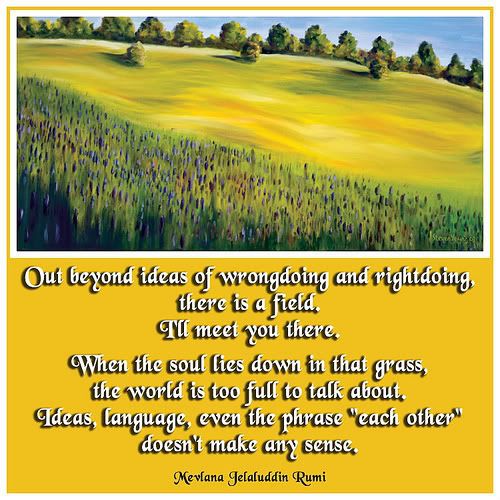
Good, bad, right, wrong are common words and expressions used in daily life.
Most of us are trying to do good and right things, helpful actions, but good and right for whom? For ourselves, obviously.
When we consider some incidents as good or bad, that is a kind of value judgment. Such value judgments may not always be valid. Why? Because of different values and judgment.
But which is the general signification of wrong, bad, evil...? Let's make some researches and find...
"A wrong or being wrong is a concept in law, ethics, and science. In a colloquial sense, wrongness usually refers to a state of incorrectness, inaccuracy, error or miscalculation in any number of contexts. More specifically, being "wrong" refers to a situation where in an individual has made an error or misjudgment."(Reference)
But misjudgment might be both ways, right?Nobody is perfect and it is humanly to do mistakes...

So goodness or badness is only a matter of our understanding of the general scheme of life.
Some things we do and consider to be good, for us (and not only for us if we care, but also for our friends), might be appreciated as bad or wrong by others. How is this possible?
A deep contemplation over the events and experiences of life necessarily follows the experiences of deprivation or abundance.
Sometimes we are trying to help people around us without being asked for help, but the result might not be all the times kind and as we expected. Even we are are not asking for anything in return for helping, we are judged as being wrong...still we try to help...
Some of us might be aware on things others are not aware and here comes our feeling of offering unasked help.
Most of the times we don't see our shadows, our inner weakness, because of Ego or blindness, but mirroring in others we can find out our inner selves.

Spiritual Connections & Graphics
Divine Love Pictures
World of Art Images
What we should learn from this advice above given by Rumi?
I think first we have to not judge and if we need to conclude, we should to think detached ...
"WRONG"-Depeche Mode
"I'm not guilty" - George Harrison
Still trying to find out more on what is wrong and what is right...
Any help, or comment would be appreciated ...
Thank you!
Read also:
Are you prepared to Love Divinely?
Wisdom of Love
Love Sayings in words and Images

